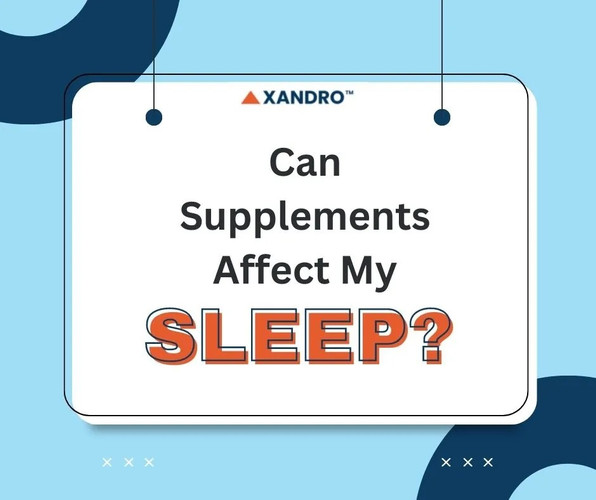Supplements and Sleep: Effects of Vitamins and Minerals
17th Oct 2023

Can Taking Supplements Affect Sleep?
Stress, nutrition and lack of exercise can all contribute to insomnia. There is some evidence, however, to suggest that not getting enough vitamins A, C, D, E and K, as well as calcium and magnesium, can lead to sleep problems.
If you're taking vitamin D, take it in the morning as at night, it interferes with melatonin production, affecting your sleep quality. In saying that, taking melatonin supplements can promote drowsiness and aid in falling asleep. If you’re having trouble sleeping or can only sleep for a short period of time, you might be lacking in vitamin C. Vitamin E is also known to aid in sleep-related issues.
Keep in mind that certain vitamins and minerals interact with parts of our bodies that can affect sleep, rather than affecting our sleep directly. For example, low vitamin B12 levels can increase the risk of depression, one of the factors leading to insomnia. In terms of whether vitamin B12 induces an insomnia-causing effect, there is currently conflicting research about its direct effect on sleep.
While some supplements are known to help you get better sleep, others may have stimulating effects or interact with your sleep patterns. Energy drinks, weight loss supplements, cocoa products, red yeast rice, garlic, policosanol, DHEA, chromium, potassium and coenzyme Q10 are examples of supplements that can interfere with your sleep and can keep you awake at night. Sometimes you can simply adjust the dosage or timing of taking these to prevent any negative impact on your sleep, but talk with a health professional to see what will work for you.
For the fitness enthusiasts, energy-boosting supplements, pre-workout formulas or weight-loss supplements are designed to increase alertness and energy levels, which can disrupt sleep if taken too close to bedtime. So before exploring potential vitamin supplements for sleep, it is recommended to start by experimenting with avoiding energy-boosting formulas or supplements close to bedtime. Once that is considered, you can then assess if there are any deficiencies that may be affecting your sleep.
